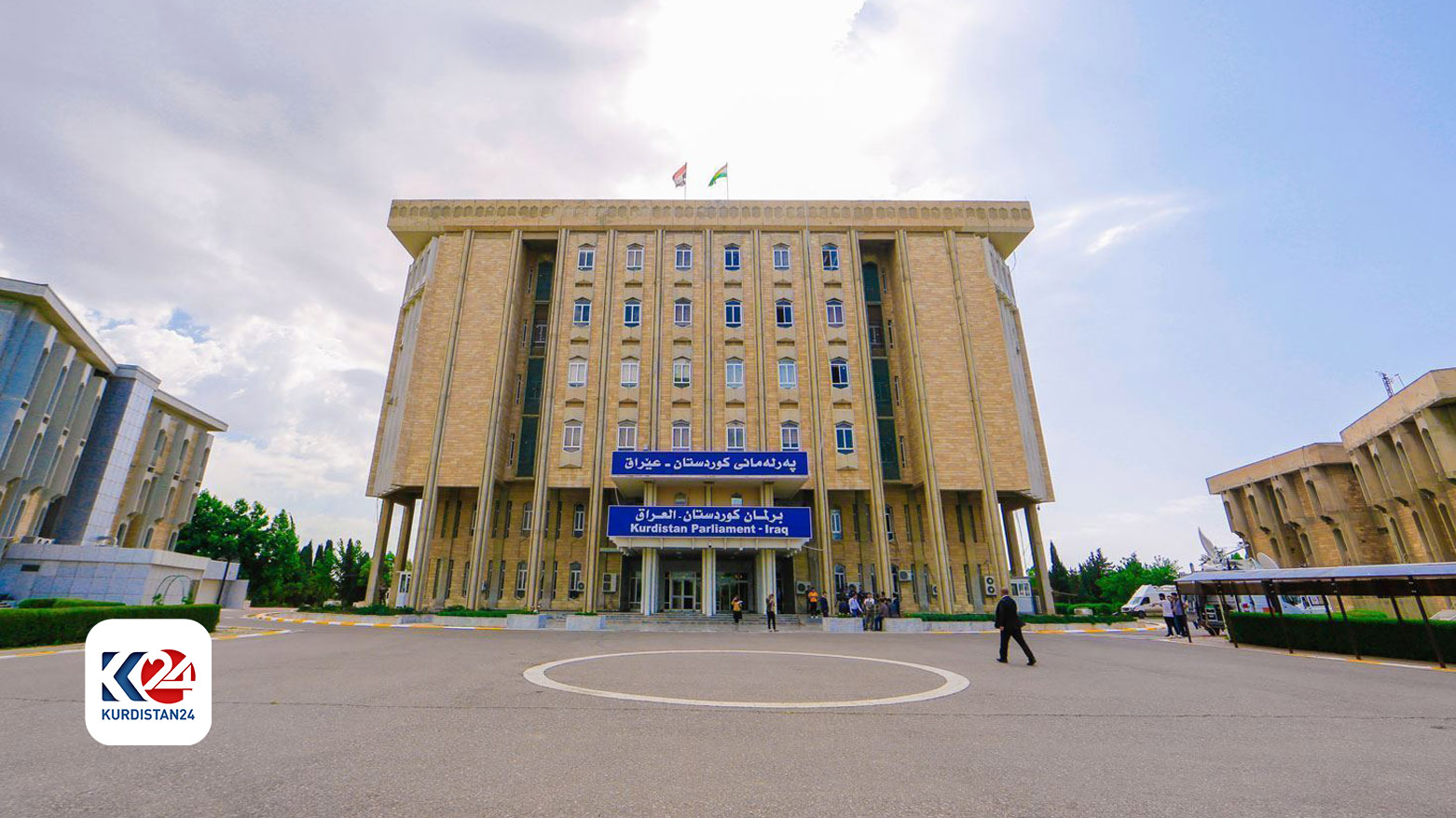From Election Day to Parliament: A Timeline of Kurdistan's Democratic Process
In this report, we will glance through different stages of the democratic process in the Kurdistan Region, beginning from the setting of the date for Kurdistan Parliament elections to the first session of the sixth term of Kurdistan Region’s Parliament.

Dec. 2, 2024
ERBIL (Kurdistan24) - Contrary to the analyses of observers, which suggested difficulties in holding the election for the sixth term of Kurdistan Region due to the volatile circumstances of the wider region, the election was held successfully with a noticeable 70% voter turnout.
In this report, we will glance through different stages of the democratic process in the Kurdistan Region, beginning from the setting of the date for Kurdistan Parliament elections to the first session of the sixth term of Kurdistan Region’s Parliament.
Setting the date for Kurdistan Parliament elections
Following multiple postponements and political setbacks, eventually the date for the Kurdistan Region’s Parliament election was set via a decree by the Kurdistan Region’s Presidency. Oct. 20 was designated as the official date for the elections.
The statement back then by the Kurdistan Region’s Presidency urged for cooperation and coordination between Kurdistan Region’s various political parties and the Iraqi High Electoral Commission for a successful election campaign.
The campaign period
The Iraqi High Electoral Commission, which was given the task to oversee and organize for the Kurdistan Region’s parliamentary election, set out a 20-days window for political campaigning, starting from Sept. 25 to Oct. 15.
Voting day and turnout
On Friday, Oct. 18, the special voting was held in which the security personnel and Peshmerga forces cast their votes. Two days after, on Sunday Oct. 20, the general voting began for the sixth term of Kurdistan Region’s Parliament. According to the final results announced by IHEC, the overall voter turnout, meaning for both special and general voting processes, stood at a commendable 70% earmarking a successful democratic process for Kurdistan Region.
The preliminary and final results
On Monday, IHEC announced the preliminary result and on Wednesday Oct. 30, the commission announced the final results of the election.
Lodging complaints and appeals
On Thursday Oct. 31, the Iraqi High Electoral Commission opened the doors for all the political parties to lodge their complaints and grievances regarding the election process and its results. Total of 41 complaints were lodged by a number of political parties; 25 from Sulaimani, 12 from Erbil, 3 from Duhok and a solitary compliant was lodged in Halabja.
On Monday Nov. 18, the judicial panel of the Iraqi High Electoral Commission resolved all complaints and appeals.
Approval of the results
On Sunday Nov. 24, the Board of Commissioners of the Iraqi High Electoral Commission approved the results of the Kurdistan Region’s parliamentary election.
The sear distribution following the final results of the election:
Kurdistan Democratic Party (KDP): 39 seats
Patriotic Union of Kurdistan (PUK): 23 seats
New Generation Movement: 15 seats
Islamic Union of Kurdistan: 7 seats
Helwest Movement: 4 seats
Kurdistan Justice Group: 3 seats
People’s Front: 2 seats
Gorran Movement: 1 seat
Kurdistan Region Alliance: 1 seat
Reserved seats for ethnic and religious components: 5 seats
Number of votes for political parties according to election results:
Kurdistan Democratic Party (KDP): 812,537 votes
Patriotic Union of Kurdistan (PUK): 409,548 votes
New Generation Movement: 292,032 votes
Islamic Union of Kurdistan: 117,564 votes
Helwest Movement: 56,008 votes
Kurdistan Justice Group: 64,874 votes
People’s Front: 33,466 votes
Gorran Movement: 11,641 votes
Kurdistan Region Alliance: 12,929 votes
Kurdistan Islamic Movement: 5,503 votes
Setting the date for the first parliamentary session
Kurdistan Region President Nechirvan Barzani has officially decreed the first session of the sixth parliamentary term to convene on Monday, Dec. 2, 2024, at 11:00 AM, announced Kurdistan Region Presidency spokesperson Dilshad Shahab during a press conference on Tuesday.
Shahab revealed that discussions are already underway between political parties regarding the formation of the tenth Kurdistan Regional Government (KRG) cabinet. "The parties have demonstrated their eagerness to fulfill their electoral campaign promises to the public," he stated.
The first session for the sixth term of Kurdistan Region’s parliament
On Monday, Dec. 2, the first session for the sixth term of Kurdistan Region’s parliament was held. During the processions and according to the rules and regulations of the Kurdistan’s parliament the oldest candidates among the elected members was assign to chair the first session until agreement is reached for the role of the head of the parliament. As a result, New Generation’s candidate Mohammed Sulaiman was asked to chair the session.
97 of the 100 elected parliament members attended the session and took their legal oath to safeguard the interests of Kurdistan Region.
Dismissal of Kurdistan Justice Group’s elected MP
In a statement, the Kurdistan Justice Group announced the dismissal of MP Hero Attar following her participation in the first parliamentary session. Kurdistan Justice Group has previously boycotted the session.
The Islamic political party also emphasized that, “Any of their elected candidates who do not affirm the decision to boycott the session will be dismissed effective immediately from the ranks of the Group.”